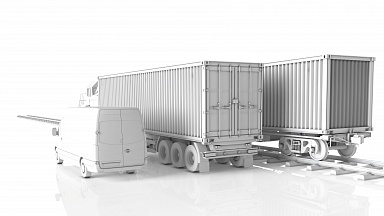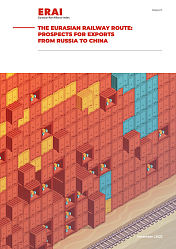PKP CARGO, undergoing restructuring, has commenced operations on two of the six weekly rail connections between the CLIP Terminal in Swarzędz, Poland, and the DUSS Terminal in Duisburg, Germany.
The connections support the transport of a range of intermodal and non-intermodal units, including semi-trailers and containers. Each train in the service can carry up to 38 semi-trailers or 45-foot containers. The entire route is handled by a single locomotive, and the journey time between the two terminals is 21 hours.
This initiative represents the start of collaboration between PKP CARGO in restructuring and CLIP Intermodal. The partnership is intended to provide consistent service across a key logistics route, offering customers options for their evolving transport needs.
The Swarzędz-Duisburg connection operates six times a week in both directions, supporting the movement of intermodal units, including all types of containers and MEGA-sized semi-trailers.
By introducing this service, PKP CARGO aims to expand its role in the intermodal logistics, easing its dependency on coal haulage that lead the company to problems, leading to massive layoffs and restructuring.




